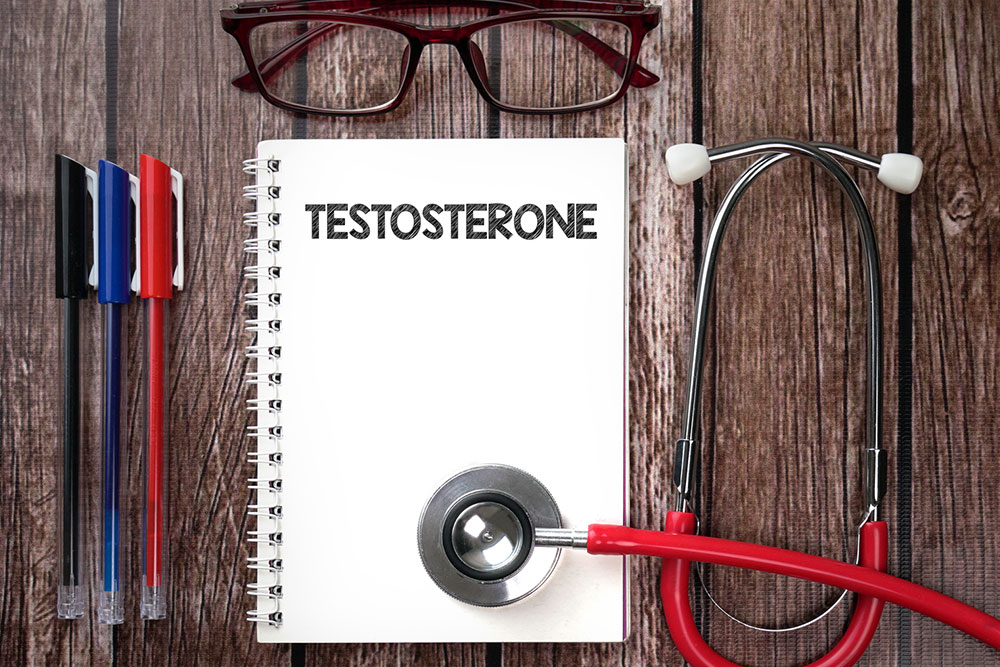
Side effects of testosterone replacement therapy
A male who has been found to have an extremely low level of testosterone can go for testosterone replacement therapy. This therapy has a lot of benefits to offer. It can restore the energy levels of a person and improve their sex drive as well. The body fat has chances of getting reduced and you may experience a buildup of the muscles after the boost in the testosterone after the treatment. But, this therapy also comes with its own set of side effects and risks which may be immediate or prolonged depending upon the nature and length of the treatment.
Risks associated with testosterone replacement therapy
Most men are currently using a prescribed gel or injection to increase the levels of this masculine hormone and the drugs promise to make them feel more energetic, mentally alert and sexually active too. The advertisements may seem too lucrative but it is always better to remain in touch with a medical supervisor before you start this therapy. The potential side effects associated with testosterone replacement therapy are as follows:
- Some of the immediate effects which are seen on a number of men are acne and troubled breathing at night while sleeping. There have also been signs of edema in the ankles and enlarged breasts.
- You might need to see a doctor who can conduct tests to regularly monitor the RBC count, as there is a chance that it may become higher, resulting in an increased risk of clotting.
- Men who are on this testosterone replacement therapy for a long time are more at risk of getting cardiovascular problems like heart strokes and attacks which may eventually prove to be life-threatening as well. Particularly, in the case of older men, this should be really taken care of as the effects of this therapy can be immediate in their case.
- According to doctors, this may be a potential cause of prostate cancer in men though there are no substantial data available to prove this point. To be on the safe side, physicians do not prescribe testosterone replacement treatments to those men who have a history of this type of cancer.
- There may be a decline in the size of the testicles after therapy.
- A person who is on testosterone replacement therapy may experience mood swings and unreasonable aggression.
- With a stimulated prostate tissue, there may be a chance of developing urination symptoms like a decline in frequency or stream.
- There may be slight retention of fluid in the body, causing swelling in some parts of the body.
- There may be changes in the cholesterol levels and lipid profile.
- Young men who are undergoing the hormone treatment may have a low sperm count which can lead to infertility.
- The man might suffer from a high PSA (Prostate Specific Antigen).
This testosterone replacement therapy has its benefits and risks too and it is always best to consider the pros and cons and understand the potential risks before opting for the same. Regular follow-up is also required so that the person concerned is constantly monitored.


